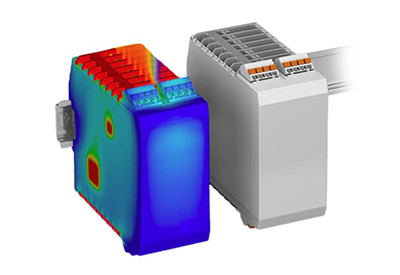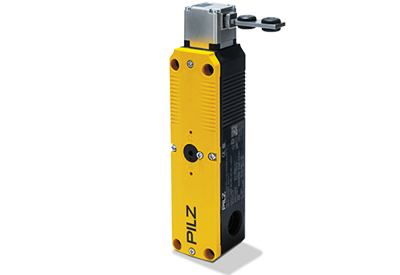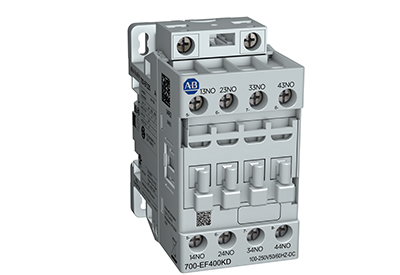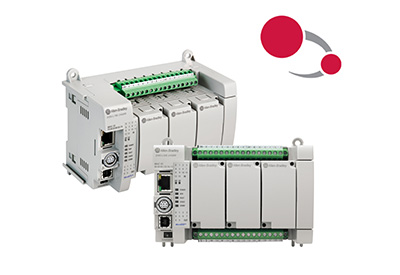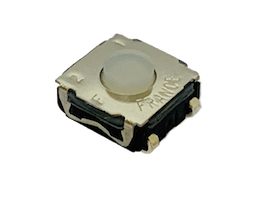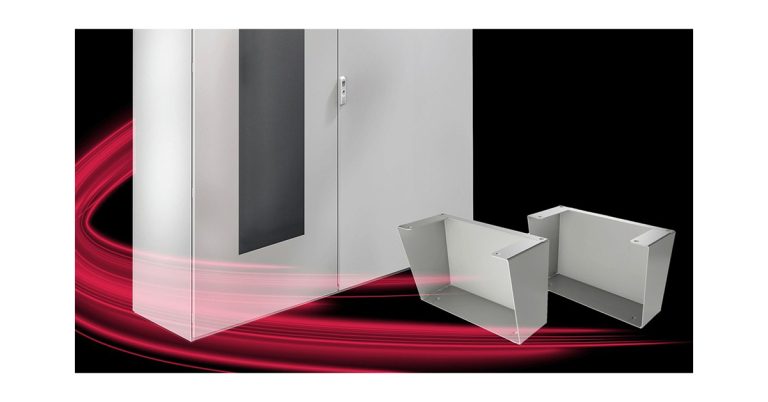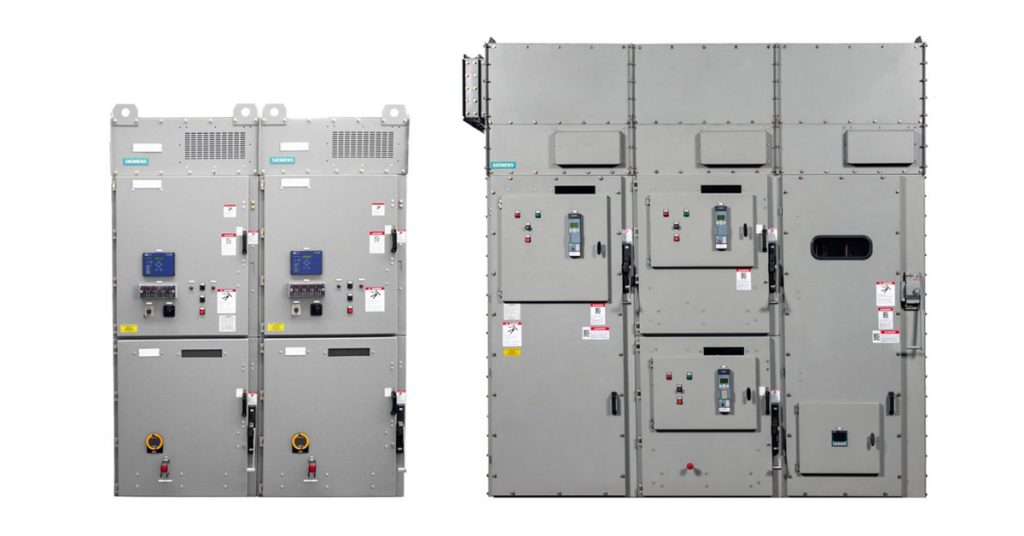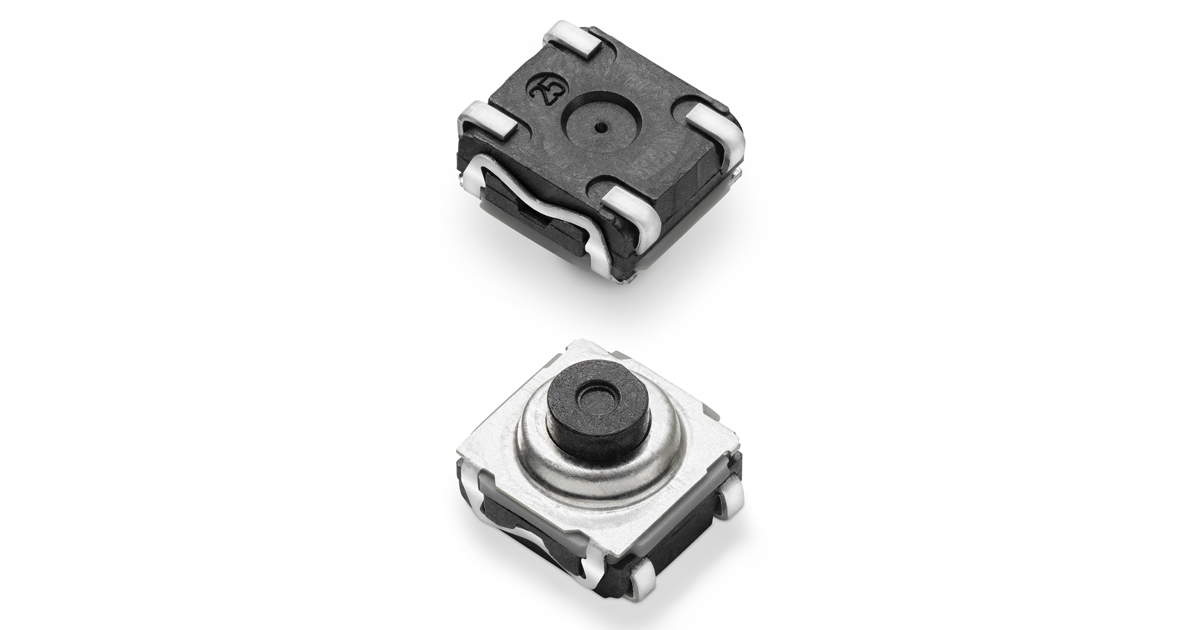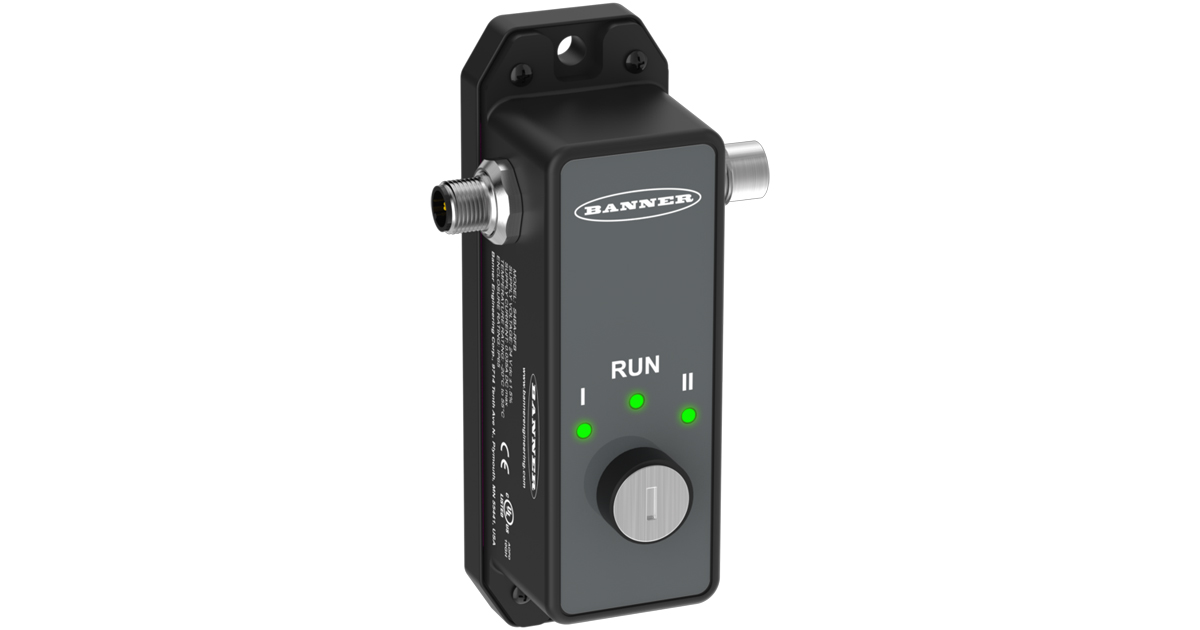New MX72C / D Series Self-Rejecting Squib Connectors for the Automotive SRS (No Shorting Bar) Has Been Launched
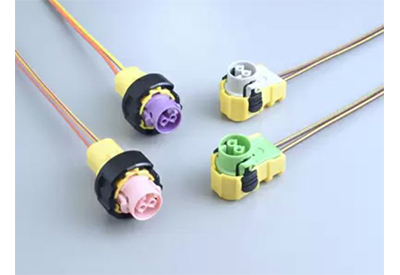
January 26, 2021
JAE recently announced the launch of the MX72C / D Series, a squib connector for automotive SRS devices that conforms to the interface standard with omitted shorting bar (shunt-less), and is becoming popular in Europe and the United States.
Recent changes to automotive passenger safety requirements worldwide is serving as a catalyst to an increased level of collision safety performance, especially in Europe and the United States is expected to grow. In addition to the common SRS devices found in a vehicle, new applications such as knee, thorax and pedestrian airbags have begun to trend in an effort to ensure human safety. In the event of a collision, the safety performance of a vehicle’s SRS relies on the ability of the airbag to minimize passenger and driver injury at the time of impact, and the ability of seat belt pre-tensioners to secure occupant position in quick deceleration.
In cases where pyrotechnic inflators activate airbags or initiate seat belt tension, SRS squib connectors conforming to the AK2 standard are common in Europe and the United States. However, there is increased demand for SRS squib connectors without a shorting bar (shunt-less) and are generally referred to as the AK3 type. For this interface standard, the receptacle retainer is without a shorting bar, and the key shape is different from that of the AK2 standard connector.
To cater to these demands, JAE have developed and launched the MX72C / D Series connector without a shorting bar, which have a self-rejecting CPA mechanism that enables secure engagement in a single operation.
Similar to the successful MX72A/B series, the MX72C/D is a self-rejecting squib connector with CPA functionality for the SRS and is designed to the OEM by detecting and preventing incomplete mating through the use of a single spring. It provides positive audible and tactile feedback to confirm complete engagement in a single operation, which improves workability and contributes to improved reliability and performance of SRS devices. In addition, four colored key code types are available to prevent incorrect mating within complex vehicle systems where a variety of SRS devices may be used.
![]()
https://www.jae.com/en/topics/detail/id=97937

